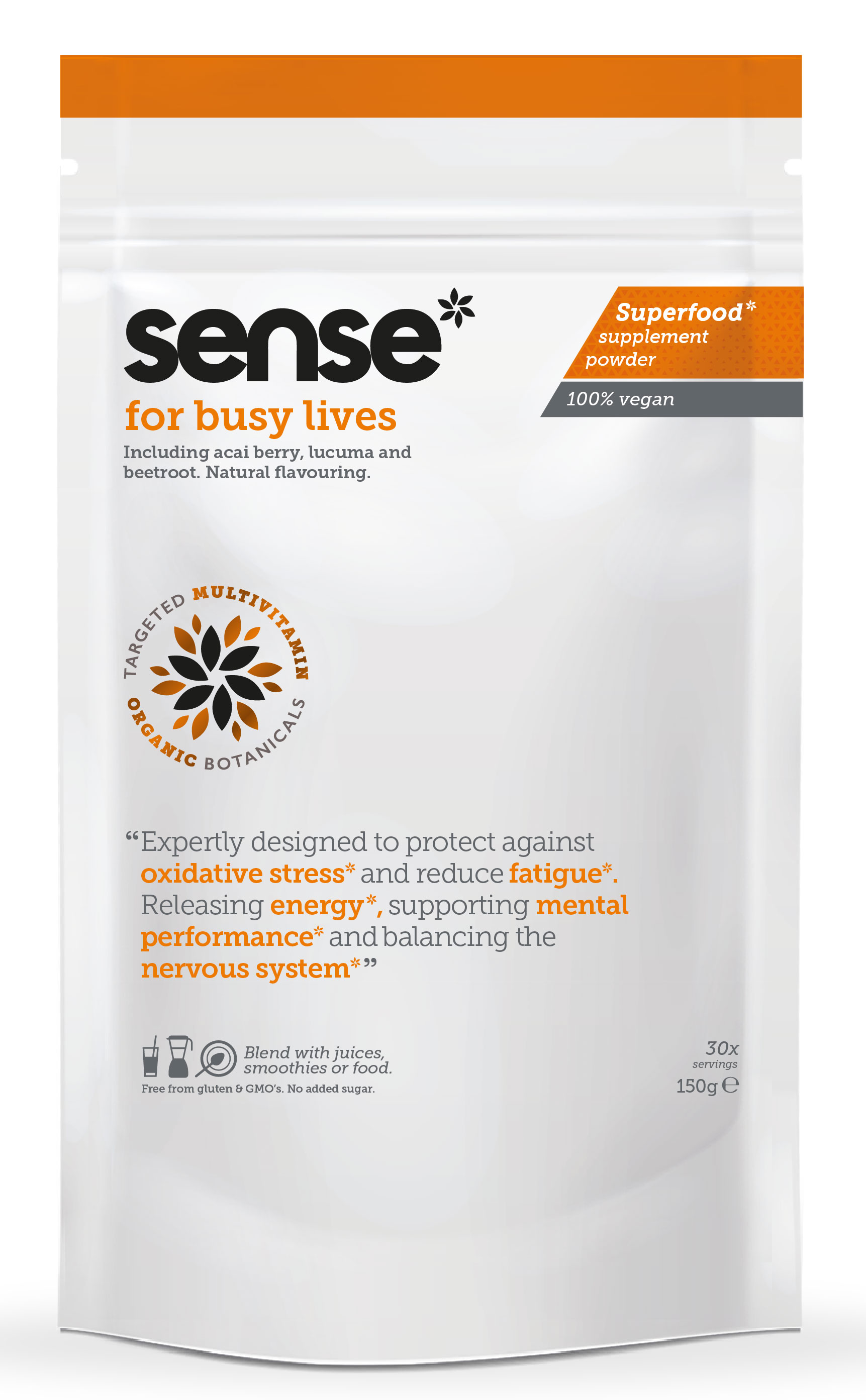Post-traumatic stress disorder is a kind of anxiety that sets in after a person has witnessed traumatic events. It’s been recognised in soldiers for decades, with World War I veterans being thought to suffer from ‘shell shock’. Nowadays, we know that it isn’t just soldiers who can suffer from PTSD – a whole range of events can trigger it, though they share many of the same common symptoms.
If you’re suffering from PTSD symptoms in the wake of a traumatic event, then it’s likely that you’re suffering from PTSD. It can occur months after the event has passed. In some cases, the event might have occurred in childhood, and thus the precise route of the anxiety may be difficult to trace. It’s sometimes reported by mothers shortly after childbirth, especially if the birth was a difficult one.
What are the symptoms?
PTSD has a range of symptoms, which are experienced to different degrees by different people.
You might find yourself reliving the event after the fact. You might have a more general feeling of being in a heightened state of alertness, as though your body is preparing for something bad to happen. On the other hand, you might find that you’re repressing the memory by feeling like you have to keep busy all the time, or resorting to alcohol or drugs to repress the memory of it. Sometimes, you might blame yourself for what happened, or feel like you can’t trust anyone to understand what it is that you’ve experienced.
What can I do?
The good news is that PTSD can be managed and treated. Moreover, some of the practical steps you take can have an immediate benefit.
If you can understand what triggers your symptoms, then you’ll find yourself in a better position to confront those triggers. In many cases, the trigger may be a strong smell, or a particular word or phrase.
During a flashback, you might wish to focus your attention on an object that reminds you that you’re in the present and that the past can’t harm you. You might try to control your breathing. This is something that mindfulness meditation and diary-keeping may be able to help with.
Confiding in a professional, like your GP, might help you to open up about your problem and discover just what can be done about it. If you find it difficult to talk to friends about it, then you can phone an organisation like Mind to help you through.
If you’re suffering from PTSD, then it might be that you’re entitled to compensation. This can play a significant role in your recovery, especially where the condition is threatening your livelihood. PTSD claims can be made with the help of a specialist solicitor.





